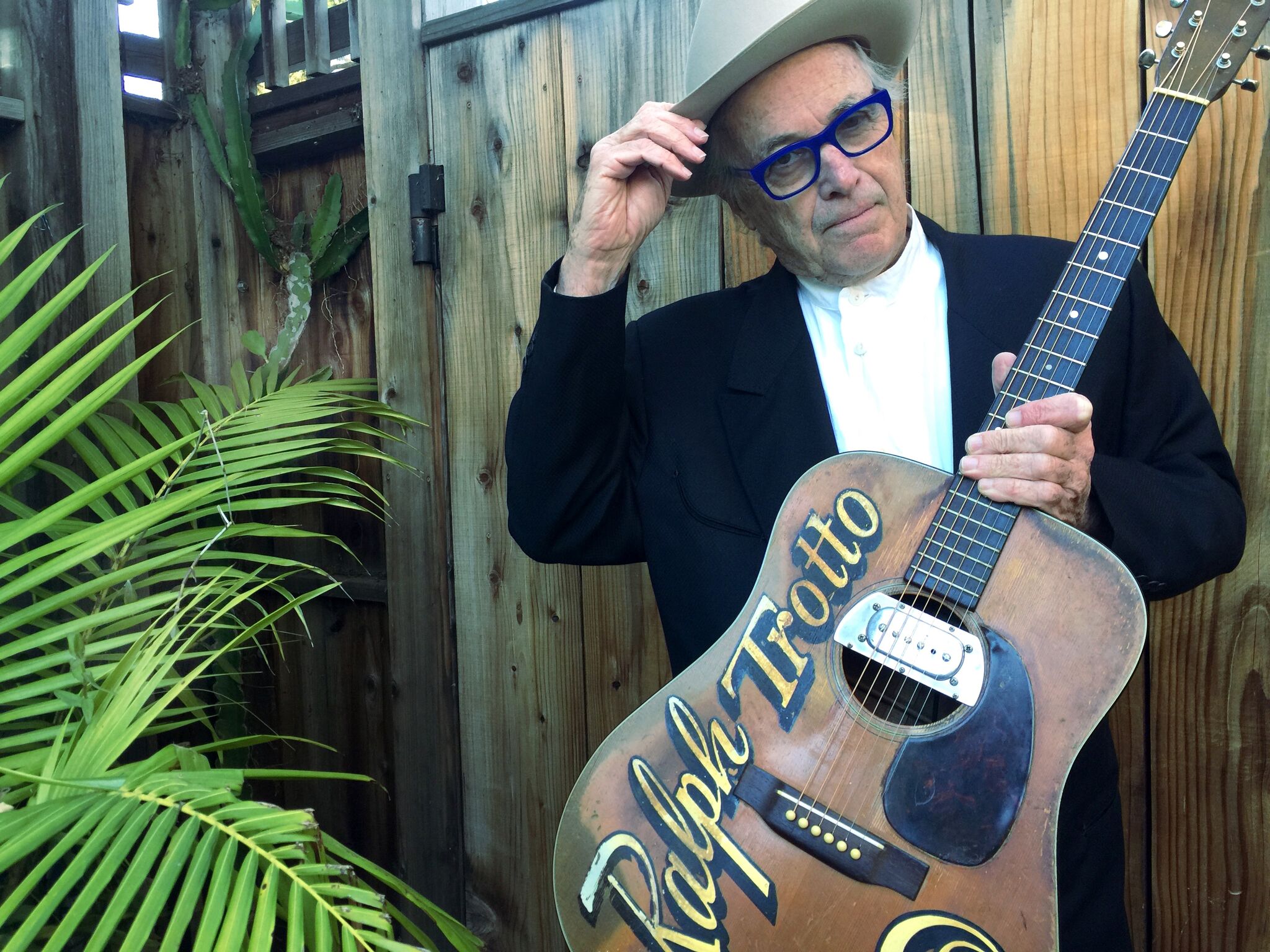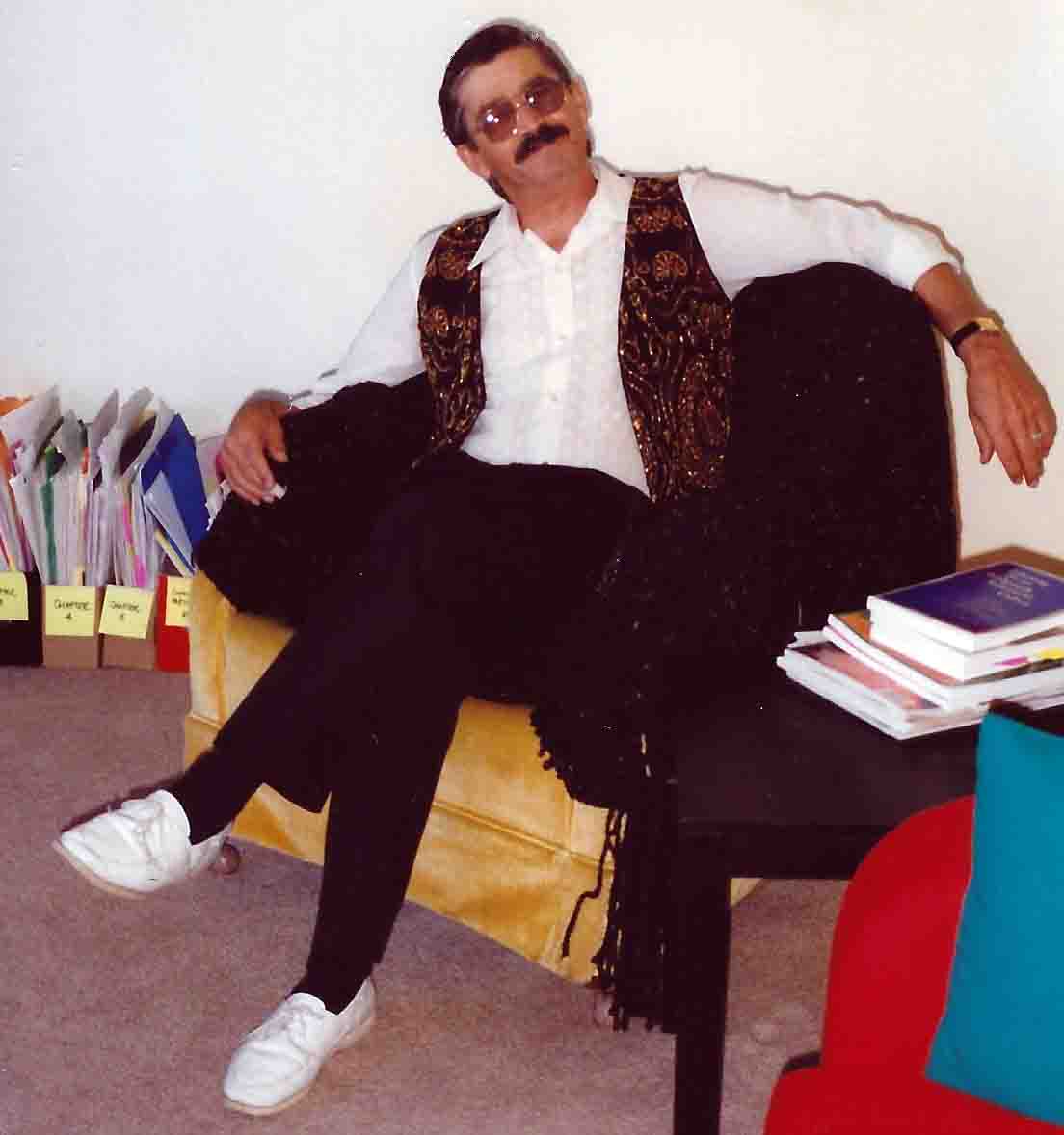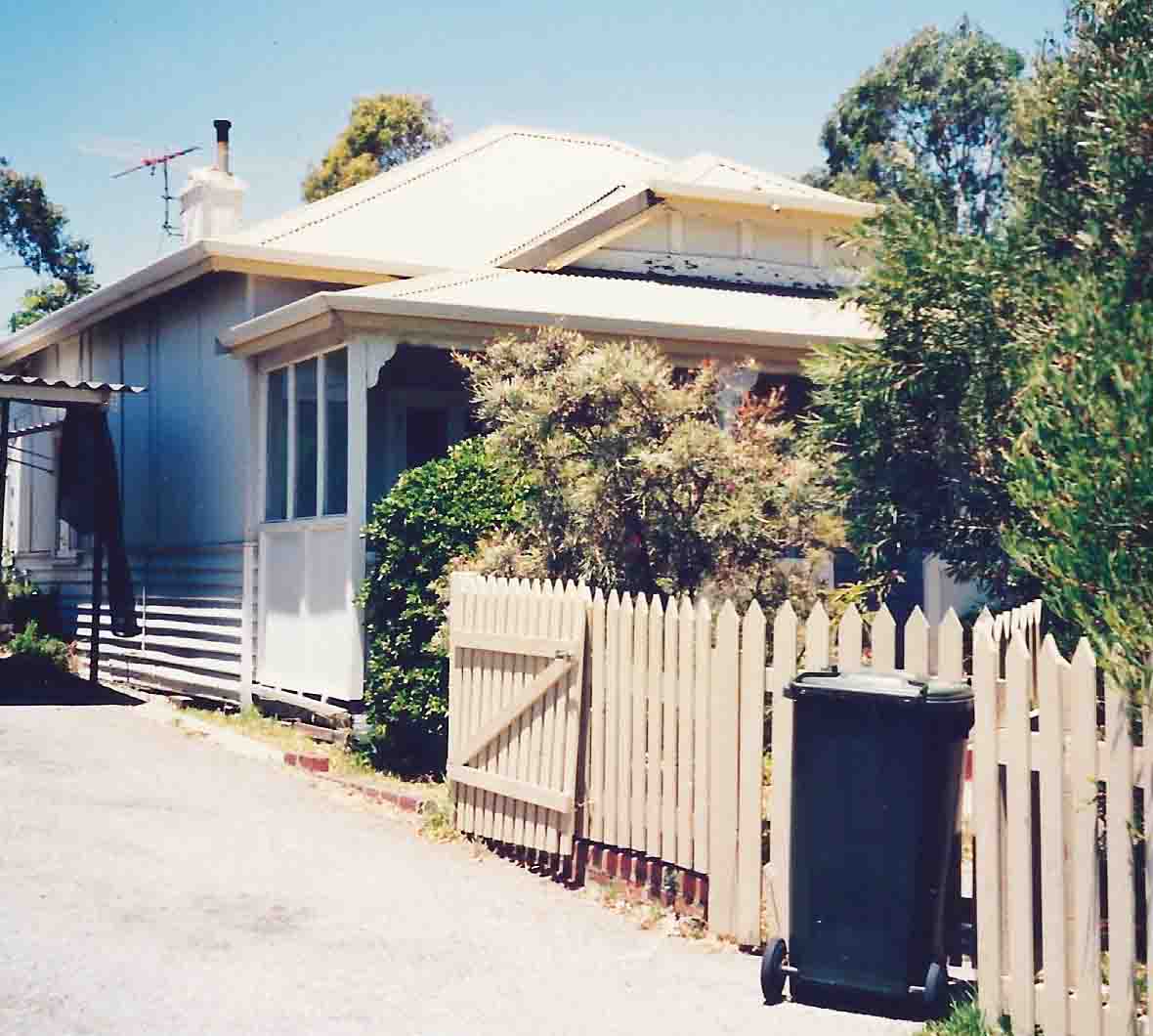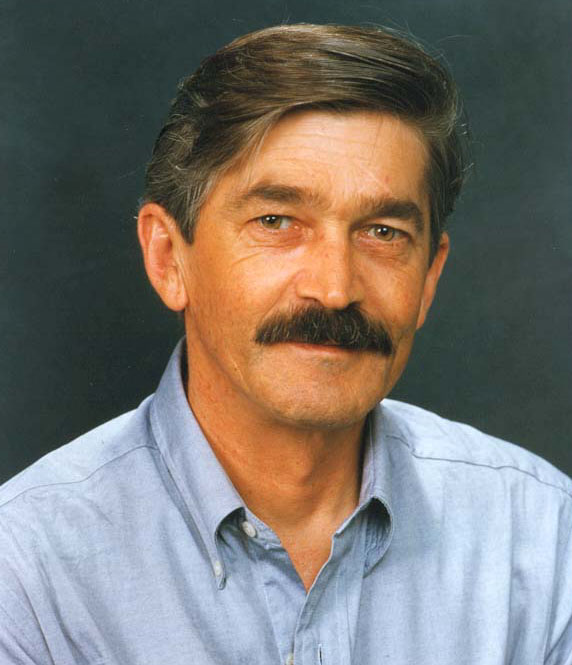Karl and I are acutely aware of our individual and shared woundedness.
We flourish initially in an atmosphere of love and mutual tolerance.
A huge fan of musician Ry Cooder, he challenges me: “Why don’t you try me tonight?”

Cooder’s song, which begs a lonely, unhappy, and unappreciated woman to risk loving him, becomes our song.
I accept. It takes courage, but my new love blesses me with courage. And courage becomes my precious companion in the years to come.

Karl becomes a university student
In mid-1993, Karl loses his welder-boilermaker job in a Perth shipyard because he is too old, too slow, and can no longer lift the heavy gas tanks. Now deeply in love with him, I beg him not to return to that work, fearing for his safety and health. My previous partners had held professional jobs, so I can’t fathom his exhaustion. Returning at 3 pm from his shift at the shipyard, Karl often sits for an hour or more on the back stairs, beer in hand, too exhausted even to talk. And I, having spent the day reading about philosophy, am shocked by the sight of him.
At that time, Karl writes in his journal, “I have lost my job. I am confused about where I am. How can I turn this into a redevelopment opportunity?”
I am having similar thoughts, though I delight in having a handy, full-time partner who chooses to do all the cooking and takes care of the garden.

We settle into domestic bliss in a Fremantle suburb by this time and I cannot believe my luck to have such a beautiful man as my partner and lover. (And he can cook!)
At dinner, not long after we’ve moved in together, I ask Karl, “If you are not going to be a welder, what would you like to be?”
He puts down his fork and stares at me, replying without hesitation, “Well, you know, I’ve always wanted to be a philosopher.”
“Well, you know where you go for that,” I smile. “Up the road — with me – at the university.”
And so in 1994, at age 45, Karl enrols at Murdoch University as an undergraduate student in politics, philosophy, and sociology. He had completed elementary school in Germany at fourteen with no prospects of further academic education. His final report card for Grade 8 (1962), described an average student. In general classroom work, Karl-Heinz showed “good aptitude, good understanding and ability to master complex ideas.” He was good at social studies and singing and excelled in religious instruction (all the students did; the priests were soft markers). He was, however, a bit “unformed” for his age and did not exhibit any outstanding personality traits. His written work was “not that reliable” (left-handed, he was forced to write with his right hand), and he did not apply his full attention to his writing.
At Murdoch University
Now an undergraduate aged 46, despite his eagerness to learn, Karl is terrified. But he grasps this new opportunity and runs with it, amazing me. This unemployed, middle-aged, working-class, European man — who knew not a word of English when he emigrated to Australia at 17 — is tackling subjects like “Woman in Society” and analyzing postmodern feminist texts.
One of his university tutors later told me, “I remember Karl as the most gentle, inquisitive, thoughtful man.”
From a seat on the other side of the university cafeteria, I observe Karl mentoring undergraduate students less than half his age.
“Karl can help you,” the philosophy professor will say. “Why don’t you have a coffee with him after class to discuss your Heidegger essay?”
For decades, in shipyards and railroad and mining camps, Karl had sought (and failed) to interest his co-workers in discussions about philosophy. Now he is studying philosophy — and earning high distinctions for his essays.

Discussing deontology over breakfast
Our early years as university students are a delight. One morning we find ourselves discussing deontology over breakfast. Domestic bliss!
I have found a lover, a soulmate and a philosophical companion. My PhD dissertation acknowledgments thank Karl for his unconditional loving support, patient proofreading, and tough fearlessness
